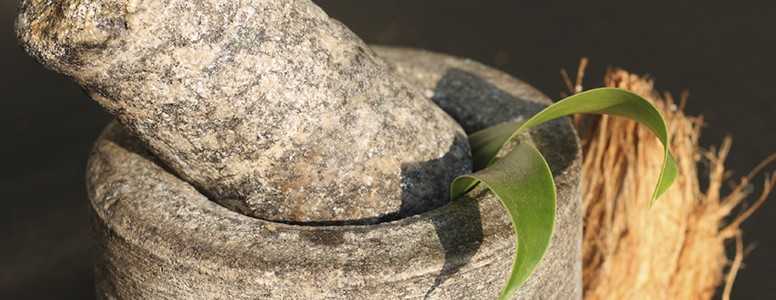An anti-diabetes herbal drug has been launched by a Council of Scientific and Industrial Research (CSIR) lab in Lucknow, India, according to a report from The Times of India.
The drug, named BGR-34, has been developed to treat type 2 diabetes by two CSIR laboratories: National Botanical Research Institute (NBRI) and Central Institute for Medicinal and Aromatic Plant (CIMAP).
What is BGR-34?
Dr. AKS Rawat, senior principal scientist at NBRI, reports that BGR-34 is a combination of natural extracts from four plants mentioned in Ayurveda – an Indian holistic treatment that developed around 4000 years ago.
The drug can help control blood glucose levels, reduce the risk of diabetes-related complications, boost the immune system, and work as an antioxidant – protecting or delaying against cell damage.
Rawat added that clinical trials on animals have demonstrated 67 per cent success of BGR-34, and that the drug has no side effects. It will be available in the form of tablets and can be purchased in India within two weeks, according to V S Kapoor, marketing head of Aimil Pharmaceuticals.
Limitations
It is currently unclear how BGR-34 was tested in the reported clinical trials involving animals. It is also unknown if the drug has been studied on humans.
More information is required to assess why BGR-34 reduces blood glucose levels, and if it can be taken alongside existing medication.
There is no confirmation as to whether BGR-34 will be available in the UK.
What's new on the forum? ⭐️
Get our free newsletters
Stay up to date with the latest news, research and breakthroughs.







